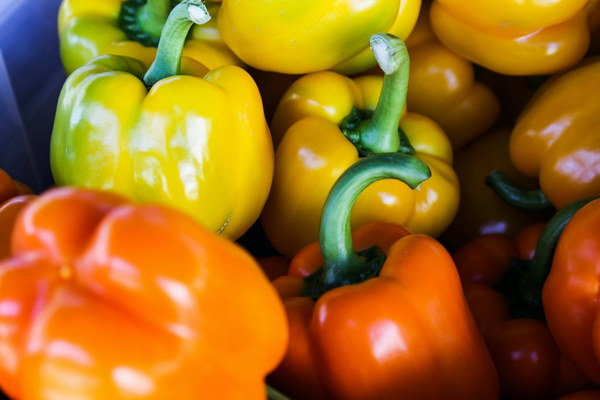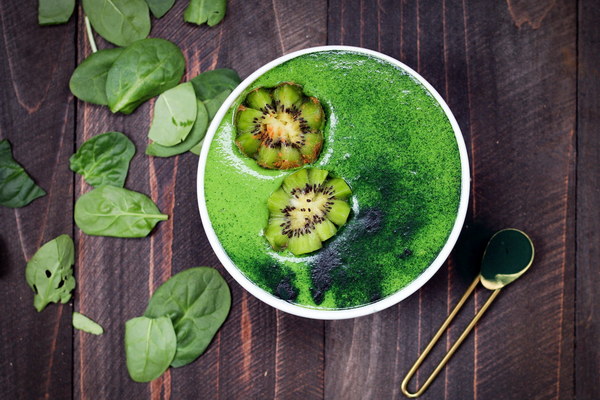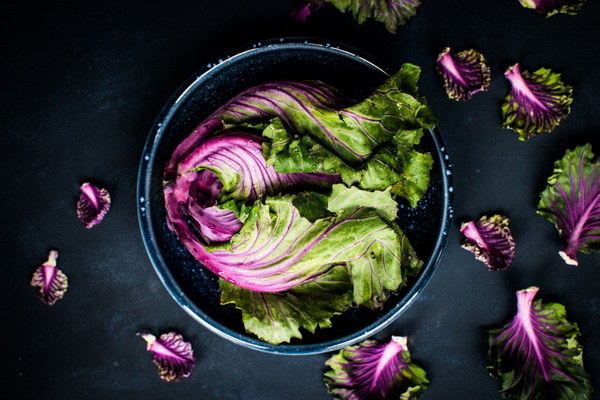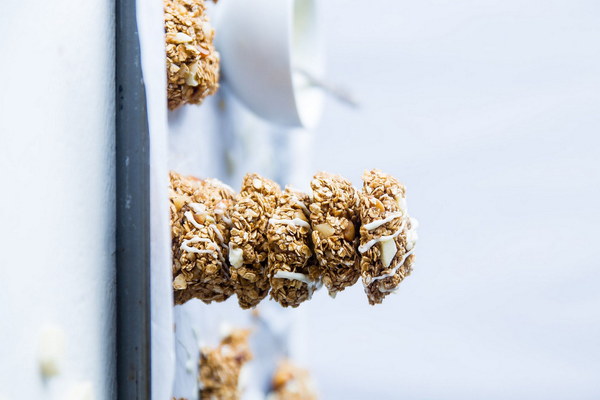The Ultimate Guide to Complementing Damp-Phlegm Buildup Natural Remedies and Tips
Introduction:
Damp-phlegm buildup, also known as Damp-Phlegm constitution, is a common health issue characterized by an accumulation of mucus and dampness in the body. This condition can lead to various symptoms such as fatigue, cough, and respiratory problems. To alleviate these symptoms, it's essential to adopt a healthy lifestyle and incorporate natural remedies into your daily routine. This article will provide you with a comprehensive guide to complementing damp-phlegm buildup, including dietary adjustments, herbal remedies, and lifestyle tips.
1. Dietary Adjustments:
a. Avoid Cold and Raw Foods: Consuming cold and raw foods can exacerbate damp-phlegm buildup. Instead, opt for warm and cooked meals that are easy to digest.
b. Include warming spices: Incorporate warming spices such as ginger, cinnamon, and turmeric into your diet. These spices can help to expel dampness and improve digestion.
c. Eat more ventilation foods: Foods that can help to drain dampness and phlegm from the body include onions, garlic, leeks, and mushrooms.
d. Stay hydrated: Drink plenty of warm liquids, such as herbal teas or warm water with lemon, to help thin and expel mucus.
2. Herbal Remedies:
a. Astragalus (Astragalus membranaceus): This herb is known for its immune-boosting properties and can help to strengthen the body's resistance to damp-phlegm-related illnesses.
b. Licorice Root (Gancao, Glycyrrhiza uralensis): Licorice root is a traditional Chinese herb that can help to drain dampness and relieve coughs.
c. Eleuthero (Eleutherococcus senticosus): Eleuthero is an adaptogenic herb that can enhance your body's ability to cope with stress and boost your immune system.
d. Chuanxiong (Ligusticum chuanxiong): This herb is used to improve blood circulation and reduce dampness in the body.
3. Lifestyle Tips:
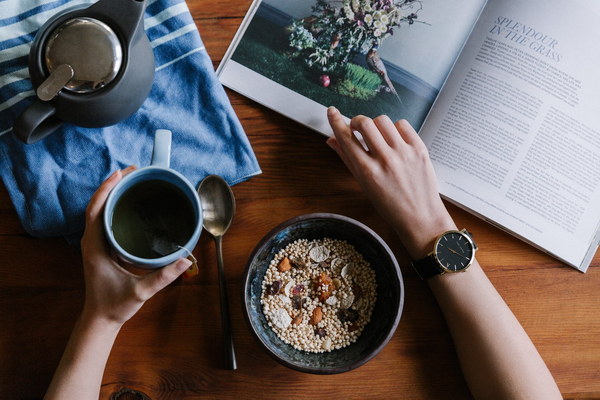
a. Regular Exercise: Engaging in regular physical activity can help to improve your overall health and promote the drainage of damp-phlegm.
b. Adequate Sleep: Ensure you get enough restful sleep to help your body recover and combat damp-phlegm-related symptoms.
c. Reduce Stress: High levels of stress can exacerbate damp-phlegm buildup. Practice relaxation techniques such as meditation, yoga, or deep breathing exercises.
d. Maintain Good Hygiene: Regular handwashing, keeping your living environment clean, and avoiding exposure to allergens can help prevent damp-phlegm-related illnesses.
Conclusion:
Complementing damp-phlegm buildup requires a holistic approach that combines dietary adjustments, herbal remedies, and lifestyle changes. By incorporating these natural remedies and tips into your daily routine, you can alleviate symptoms and improve your overall well-being. Remember, it's essential to consult with a healthcare professional before starting any new treatment or making significant changes to your lifestyle.


